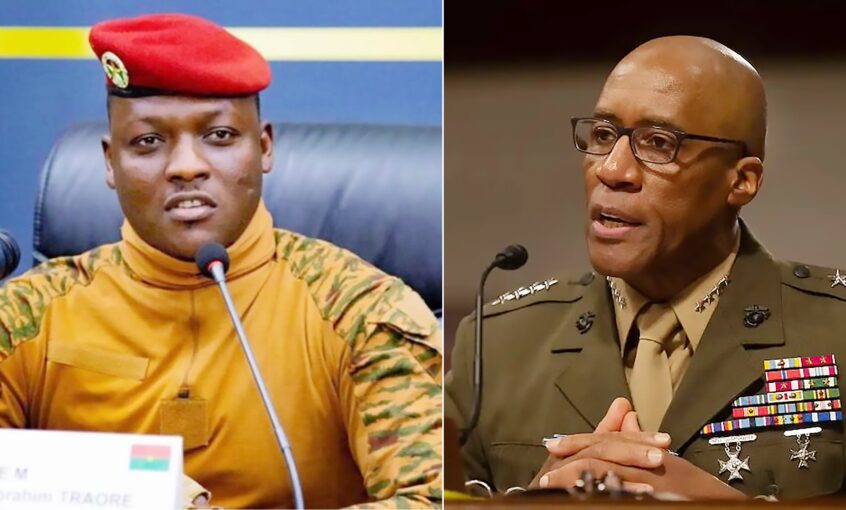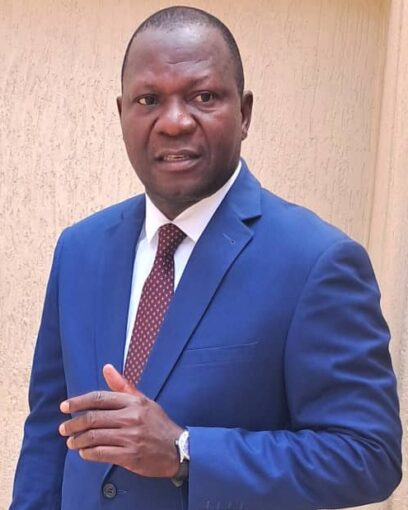The US must take note of the changes sweeping across Africa

By Luc Abaki
The frontal attack, April 3, of AFRICOM‘s Commander, Gen. Michael Langley, on Captain Ibrahim Traore, accusing the president of Burkina Faso of diverting his country’s gold mining resources, was serious enough to provoke the ire of Burkinabe leaders, but not them alone. The people of Africa, for the most part, were also outraged and let it know through multiple reactions on the web.
This controversy vigorously relaunches the debate on the new relationship that a centuries-old partner like the United States must now maintain with the African continent. We are in the 21st century, minds are opening, consciences are being liberated, and knowledge is being acquired more freely, more easily.
In the face of these multiple opportunities, the people of Africa now aspire—legitimately so—to more freedom, independence and sovereignty. They are more jealous than ever of their rights, especially their right to self-determination. This constitutes the first principle of governance of the leaders of the countries of the Alliance of Sahel States (AES) who boldly advocate a break with old methods, demanding non-interference and scrupulous respect for their sovereignty.
It’s in the interest of American leaders, like those of the West in general, to come to terms with the new state of mind of the African citizen. The time has undoubtedly come for a radical change from the old software which, obviously, is outdated in the current context. This is certainly the price to pay and the prerequisite for reestablishing healthy and lasting relations between the two parties, particularly in this geopolitical context where Russia is taking giant steps on this continent.
This explains why the leaders of the AES, in good faith, have a clear penchant for Putin’s country and, naturally, with good reason. From the former USSR to today’s Russia, the peoples of Africa have not suffered any harm from these Slavs; on the contrary, it is now documented that their struggles for independence have often received firm support from this vast Asian country.
So, will the United States and the rest of the West definitively understand that African States must be considered as entities in their own right with which they must deal without condescension, without contempt, without precedence, but with the respect and consideration due to any sovereign State?
The future of relations between the two parties will depend on the answer to this question. But one thing remains certain, the dynamic initiated in 2020 in the AES countries remains irreversible. The majority of the peoples of Africa seem determined to fight every battle to wrest, once and for all, their freedom from all those who continue, unfortunately, to play the role of predators of the various resources of this continent.
__________

Luc Abaki is a Togolese journalist-consultant and political analyst, author of the French-language book “Du Métier de Journaliste dans une Démocratie” (The Journalist Profession in a Democracy).
__________
The views expressed in this article are the author’s own and do not necessarily reflect The African‘s editorial policy.

